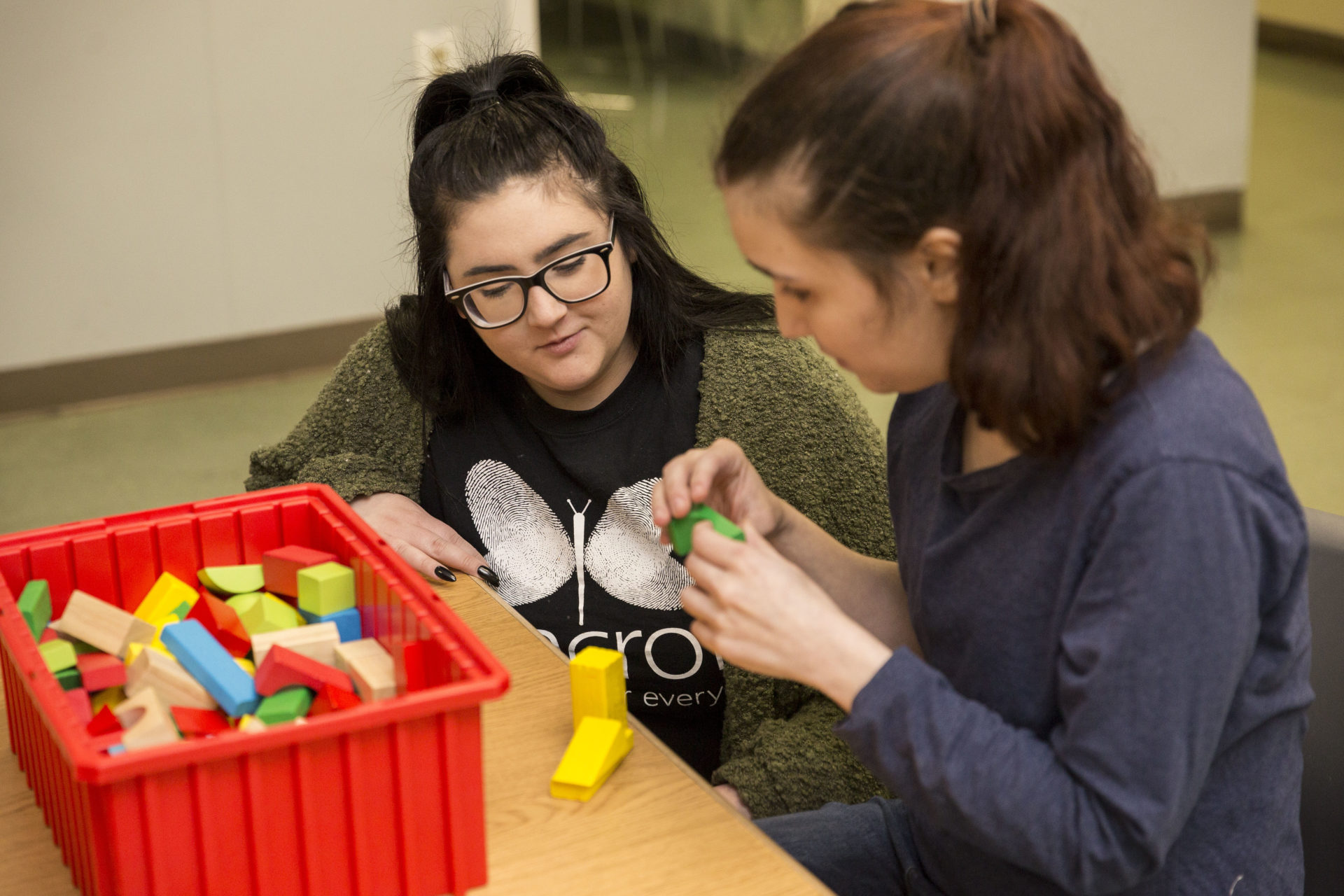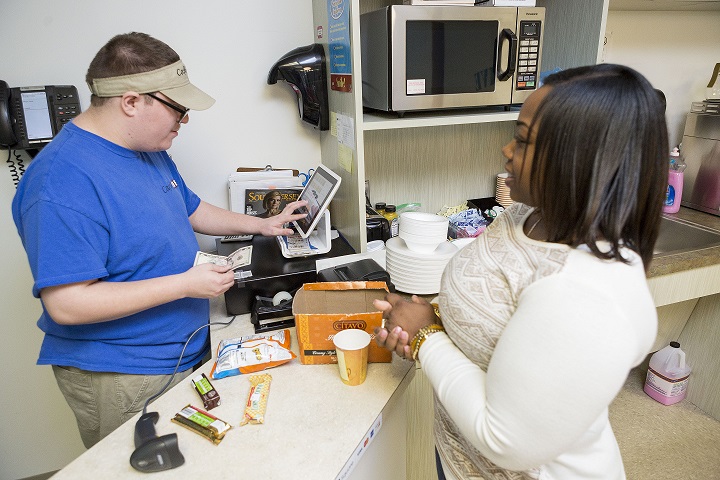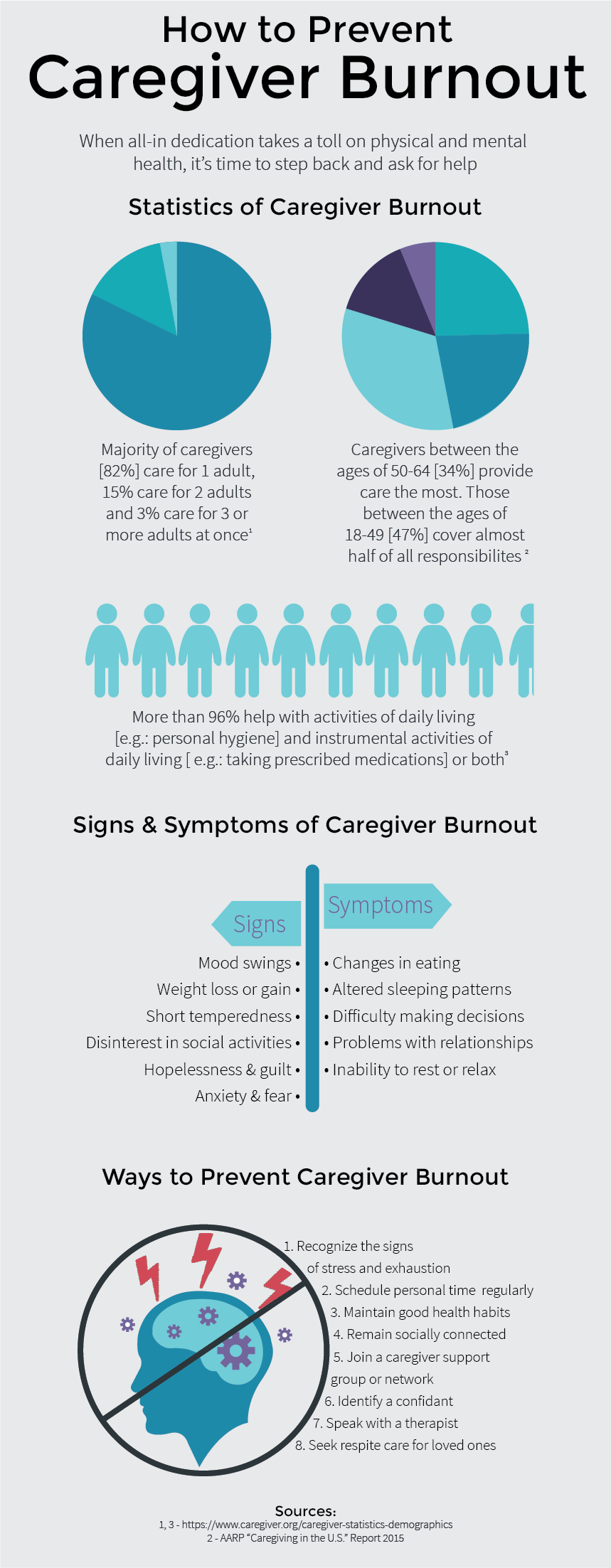Monday, October 10, 2016
Parents and caregivers of children and adults with special needs such as autism often pour every ounce of energy into their loved ones. But this all-in devotion, common in parents of young children, can lead to some ill effects on mental and physical health. One Board Certified Behavior Analyst who works directly with families provides tips to avoid burnout
 Contributor: Kristin Vespe, MSEd., BCBA, Director of Home and Community Supports at Bancroft
Contributor: Kristin Vespe, MSEd., BCBA, Director of Home and Community Supports at Bancroft
If you or someone you know has a loved one with autism or a disability, you can surely appreciate the large amount of time and effort necessary to navigate the system of care and access appropriate supports and services. Pile all this effort on top of a full-time job outside the home and other children in the household, and you can imagine the immense pressure on parents of children and adults with disabilities.
As a Board Certified Behavior Analyst at Bancroft, I work in the homes and communities of area families practicing this precarious balancing act every day – and I’ve become keenly aware of a disturbing trend: Caregiver Burnout. Of course, all parents want the absolute best for their children and fight tirelessly to secure services and keep the family running smoothly. But when this all-in dedication takes a toll on physical and mental health, it’s time to step back and ask for help. Your whole family will be better for it.
Look out for these symptoms of Caregiver Burnout:
- Feelings of hopelessness, guilt, anxiety, or fear
- Mood swings and short temperedness
- Changes in eating and/or sleeping patterns
- Weight loss or gain
- Difficulty making decisions
- Signs of withdrawing from social activities
- Problems with relationships
- Inability to rest or relax
Organizations like Bancroft offer comprehensive support services, including after-school and weekend respite programs for busy families in need of a few extra hours.
Parents in need of additional supports should remember the following tips:
- Recognize the signs of stress and exhaustion, and ask for help
- Schedule personal time regularly
- Maintain good health habits. Make (and keep!) regular doctor and dentist appointments.
- Remain socially connected. Maintain relationships and participate in activities.
- Join a caregiver support group or network
- Identify a confidant, someone to talk with confidentially. Consider speaking with a therapist.
- Seek respite care for loved ones in order to find time to complete the actions above.
Remember that individuals who become over-worked and over-tired are more likely to inadvertently neglect the loved ones they are working so hard to care for. Keep yourself healthy first, and you’ll be able to continue to provide top-notch care for your family.
















